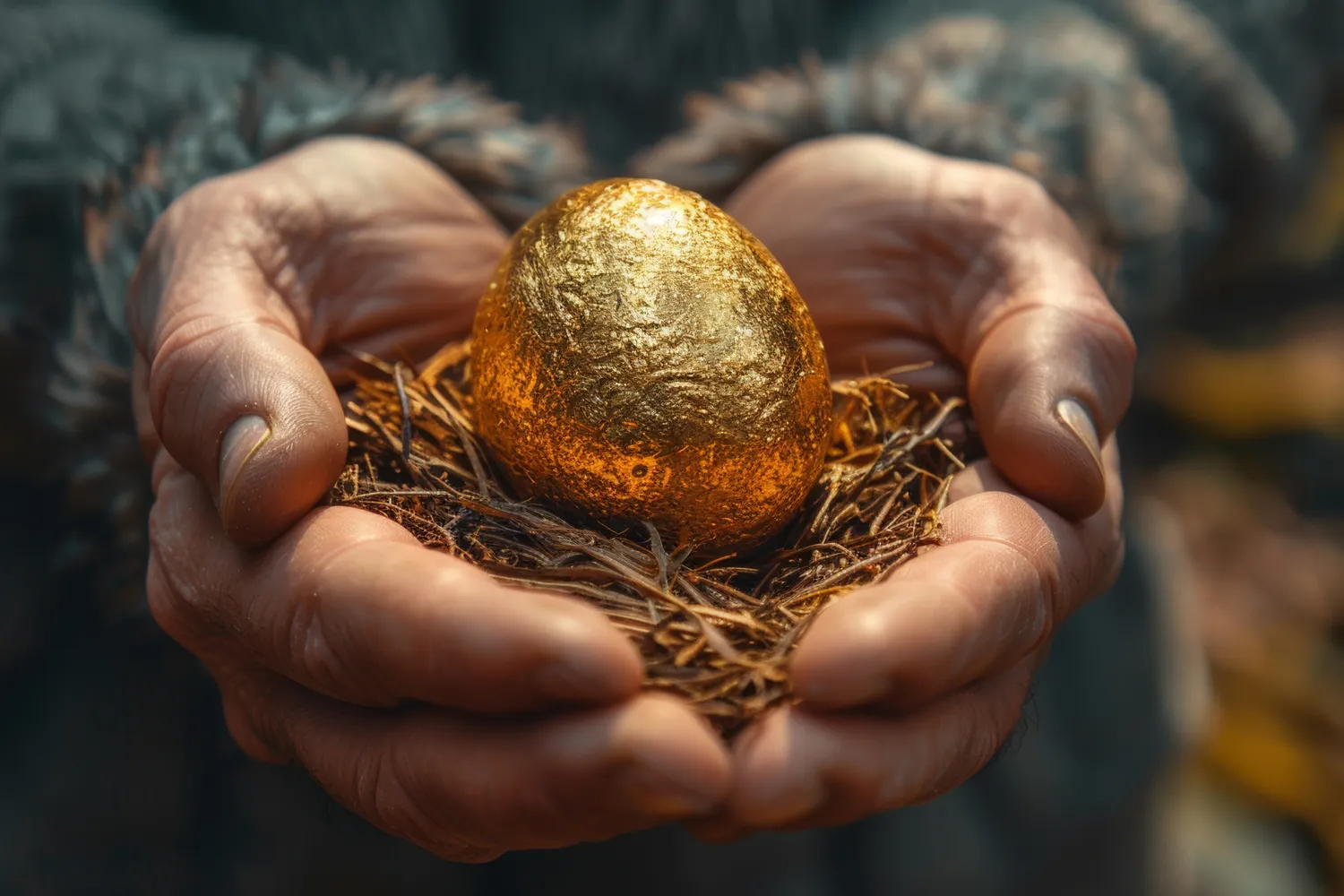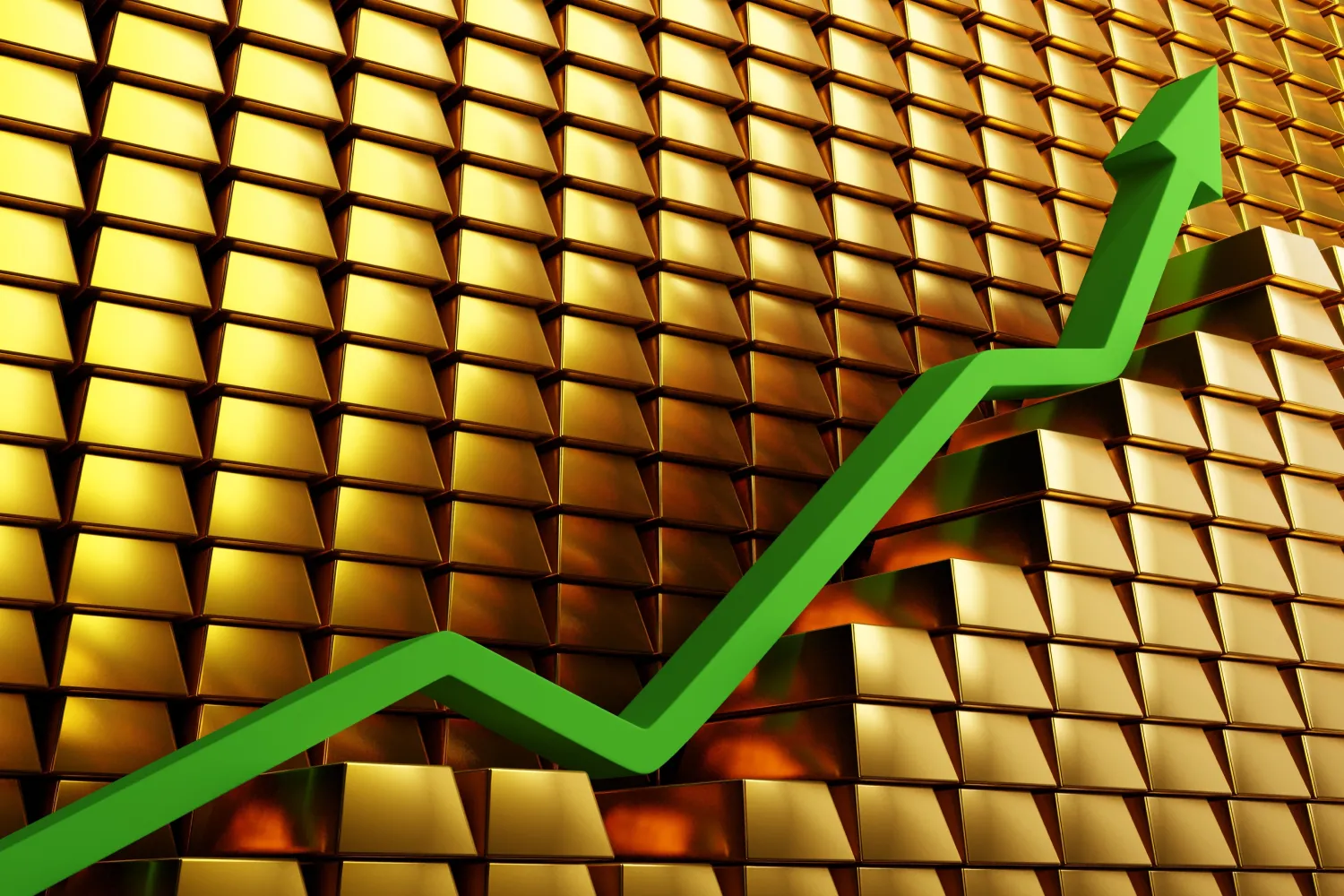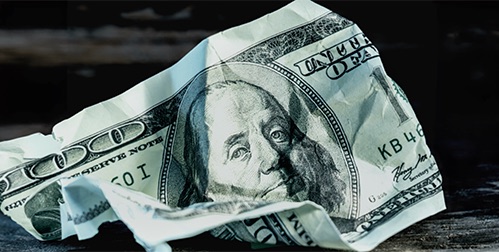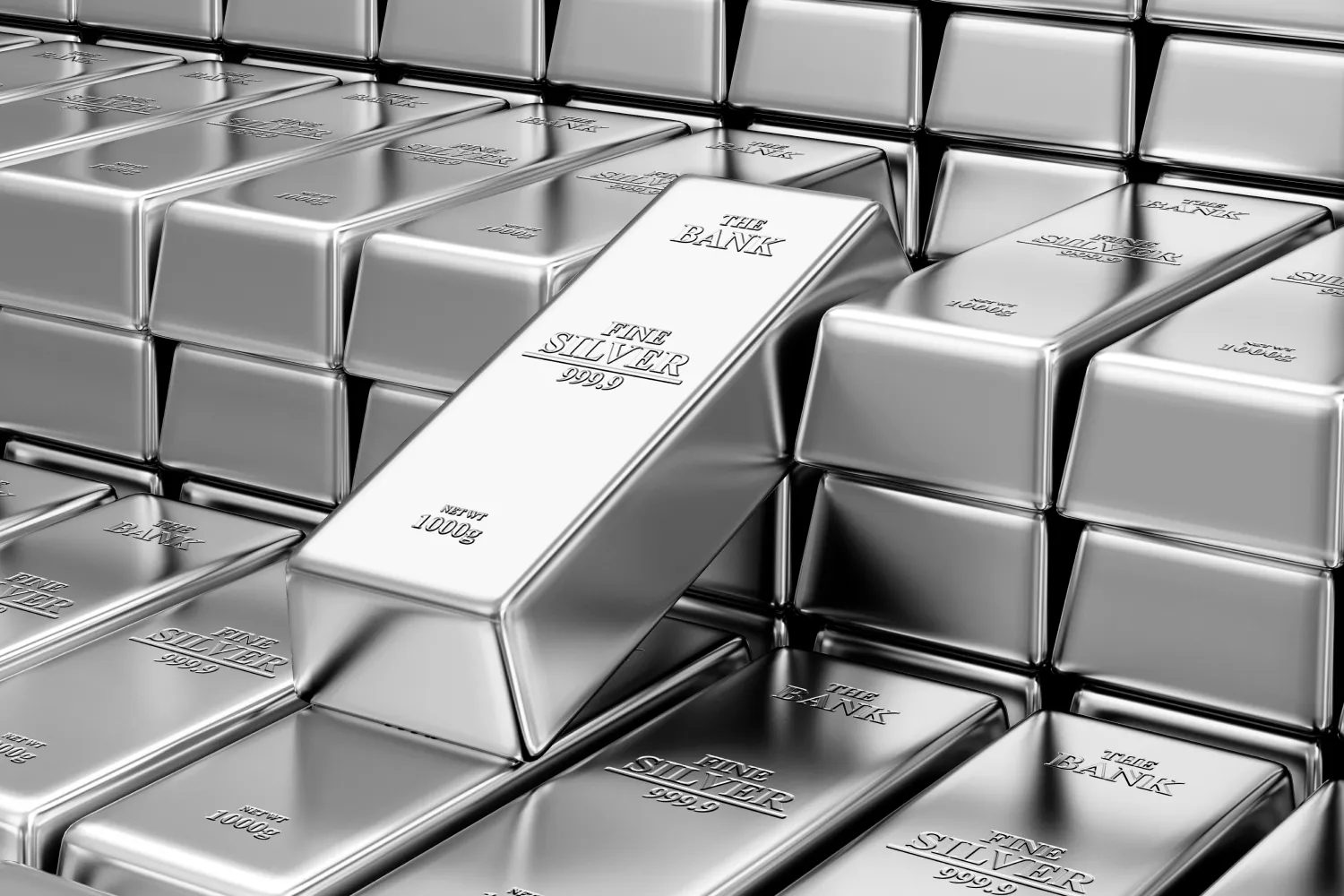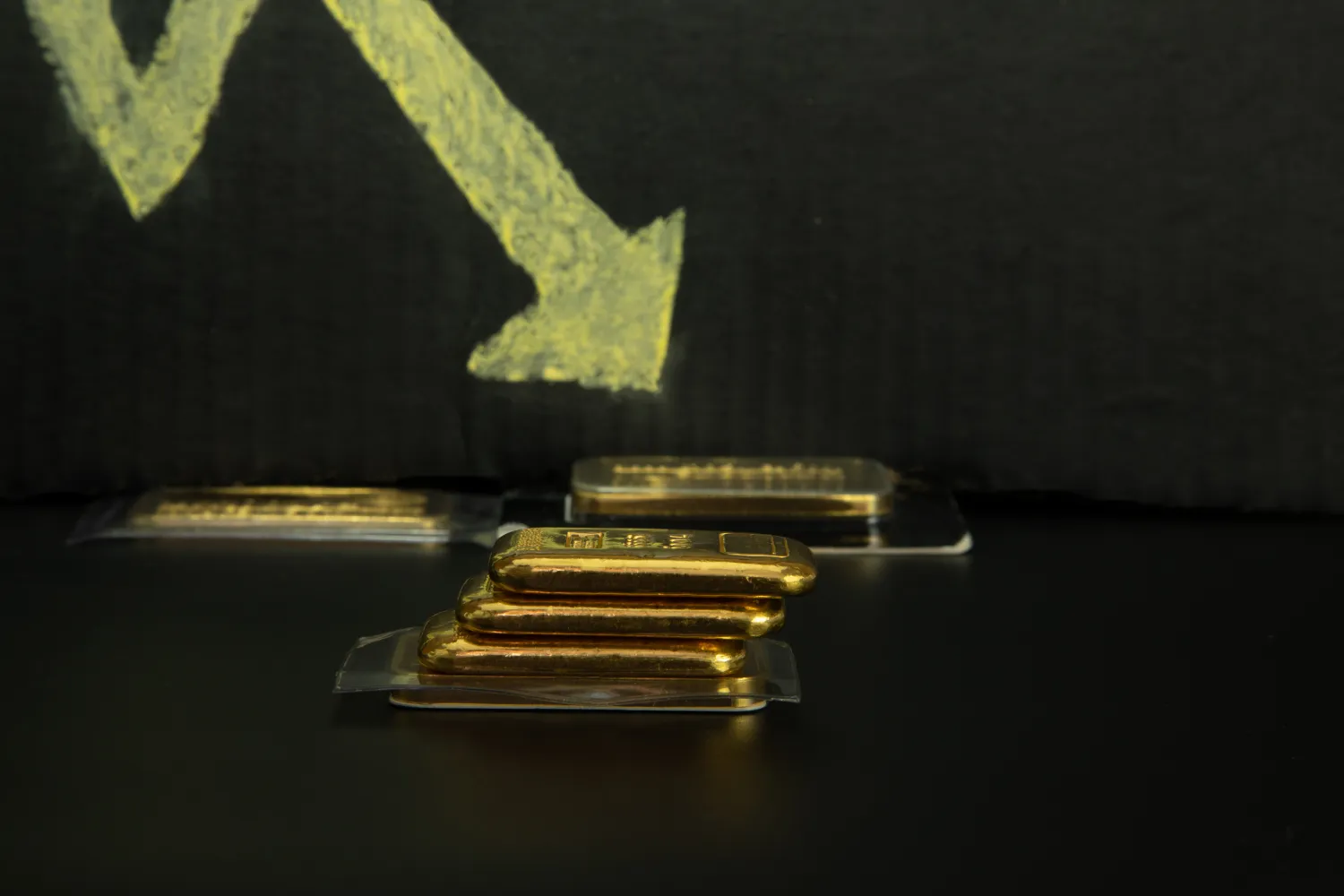- Silver prices are reaching new heights and are predicted to keep climbing
- Record industrial and investor demand are far outstripping supply, supporting high prices
- With safe haven benefits and a lower entry point than gold, now is an opportune time to add silver to your Gold IRA
Silver Prices on the Rise
As gold shatters records week to week, silver is carving its own upward path. Individuals and hedge funds are flocking to silver to protect their wealth from rising inflation. Silver’s role as an industrial and monetary metal is creating a “perfect storm” to drive prices higher.
Because both metals are seen as safe investments during economic uncertainty, silver typically rising along with gold. And now is no exception. Silver is seeing its best prices in 11 years, trading at over $32 an ounce. Silver outperformed gold in recent weeks. It gained 35% this year against gold’s 18% rise. It is finding support to stay over $31 an ounce with room to move higher. A Commodity Futures Trading Commission report showed traders are betting on silver to keep rising. Bullish positions are expected to increase now that silver has broken $30 an ounce. 1
Market conditions have been building for silver’s breakout for a while as industrial demand fuels part of the spike. Used in solar panels and electronics, silver is an essential component of the global green technology push. Industrial demand hit a new high in 2023, for a third consecutive year, according to the Silver Institute.
Prices are being forced up as supply cannot keep up with demand. There are notable shortages in the supply of silver. Based on this, TD Securities predicts silver may break $50 an ounce. 2
The “Silver Squeeze”
There is now talk of a potential “silver squeeze.” A “silver squeeze” refers to a rapid increase in demand for physical silver that outstrips available supply, causing prices to surge. This phenomenon is often driven by coordinated buying efforts from retail investors or speculative traders. They aim to create an artificial shortage and force up prices.
The term gained prominence in early 2021 when a group on Reddit’s WallStreetBets forum attempted to replicate the GameStop short squeeze by collectively buying silver. Their goal was to force large institutional short sellers to cover their positions, theoretically sending silver prices skyrocketing. Their efforts had a temporary impact, driving prices up around 9%. However, the recent surge in silver prices has reignited talks of another potential squeeze in 2024.
Investor Demand – $50/oz silver?
Barring a silver squeeze, there’s still a rapid swelling of investor demand alongside industrial demand. Together, they can support higher silver prices. TDS Securities said growing demand could wipe out the above ground stocks of silver within 12 to 24 months.
A senior commodity strategist at Canadian Bank said, “The last time silver prices broke through $30/oz, it traded to $50/oz in less than ten weeks.”3 They think that if silver breaks above $30 per ounce, it could trigger a lot of ETF buying. This would reduce the available silver stocks at the London Bullion Market Association. The last time there was a big push to buy silver, it led to a huge demand of about 110 million ounces in a few days. That would cut the available silver by 35% if it happened again.
Gold/Silver Ratio
 4
4
Analysts point to the gold/silver ratio to say that silver is just getting started as it plays catch up to gold. Silver’s recent rise has pushed the gold/silver ratio to 75 points. Its lowest since December 2022.5
The gold/silver ratio is a simple way to compare the prices of gold and silver. It tells you how many ounces of silver you need to buy one ounce of gold. For example, if the ratio is 80, you need 80 ounces of silver to get one ounce of gold.
When the ratio is high, like 80, silver is relatively cheap compared to gold, which can be a good time to buy silver. When the ratio is low, like 50, silver is more expensive relative to gold, making it a better time to buy gold instead.
The average gold/silver ratio over the past 20 years is approximately 68:1. Which means today’s ratio indicates that silver is relatively cheap compared to gold. It suggests that silver might be undervalued.

Silver in Uncertain Times
Silver’s rise is not surprisingly from a historical perspective. There is a correlation between spikes in silver prices and economic downturns. Recessions have historically been “ramp up” periods for silver prices, setting the stage for significant gains after the economic downturn.
During the Great Recession of 2007-2009, silver prices initially spiked. They reached a high of $19.24/oz in February 2008 before dropping to a low of $9.09/oz in October 2008 near the depths of the recession. However, after the recession ended, silver prices surged again. They hit a post-recession high of $48.70/oz in April 2011, a 435.8% increase from the recession low. 6
Conclusion
Silver is breaching new highs and analysts think this is only beginning of a long bull cycle. Industrial and investor demand are soaring at the same time of record supply shortages. With safe haven benefits and a lower entry point than gold, now is an opportune time to learn if adding silver to your portfolio or Gold IRA is right for you. Contact American Hartford Gold today at 800-462-0071 to learn more.
Notes:
1. https://www.kitco.com/news/article/2024-05-21/silver-eyes-50-td-securities-predicts-major-breakout-after-31-support-holds
2. https://www.kitco.com/news/article/2024-05-21/silver-eyes-50-td-securities-predicts-major-breakout-after-31-support-holds
3. https://www.kitco.com/news/article/2024-05-21/silver-eyes-50-td-securities-predicts-major-breakout-after-31-support-holds
4. https://www.usatoday.com/money/blueprint/investing/silver-price-05-22-2024/
5. https://www.usatoday.com/money/blueprint/investing/silver-price-05-22-2024/
6. https://www.silverinstitute.org/silverprice/2000-2010/#:~:text=During%20the%20first%20half%20of,of%20generally%20firm%20fabrication%20demand.

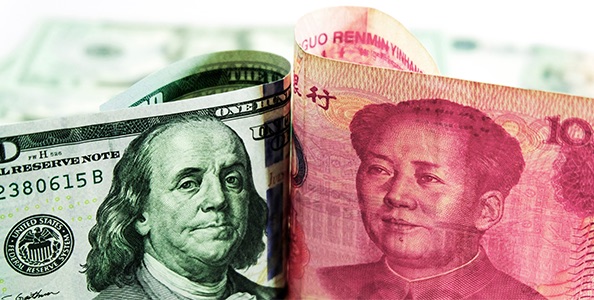

 1
1
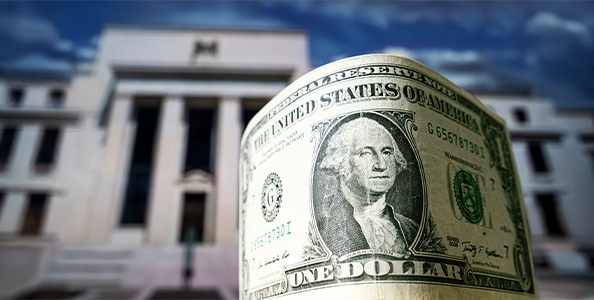
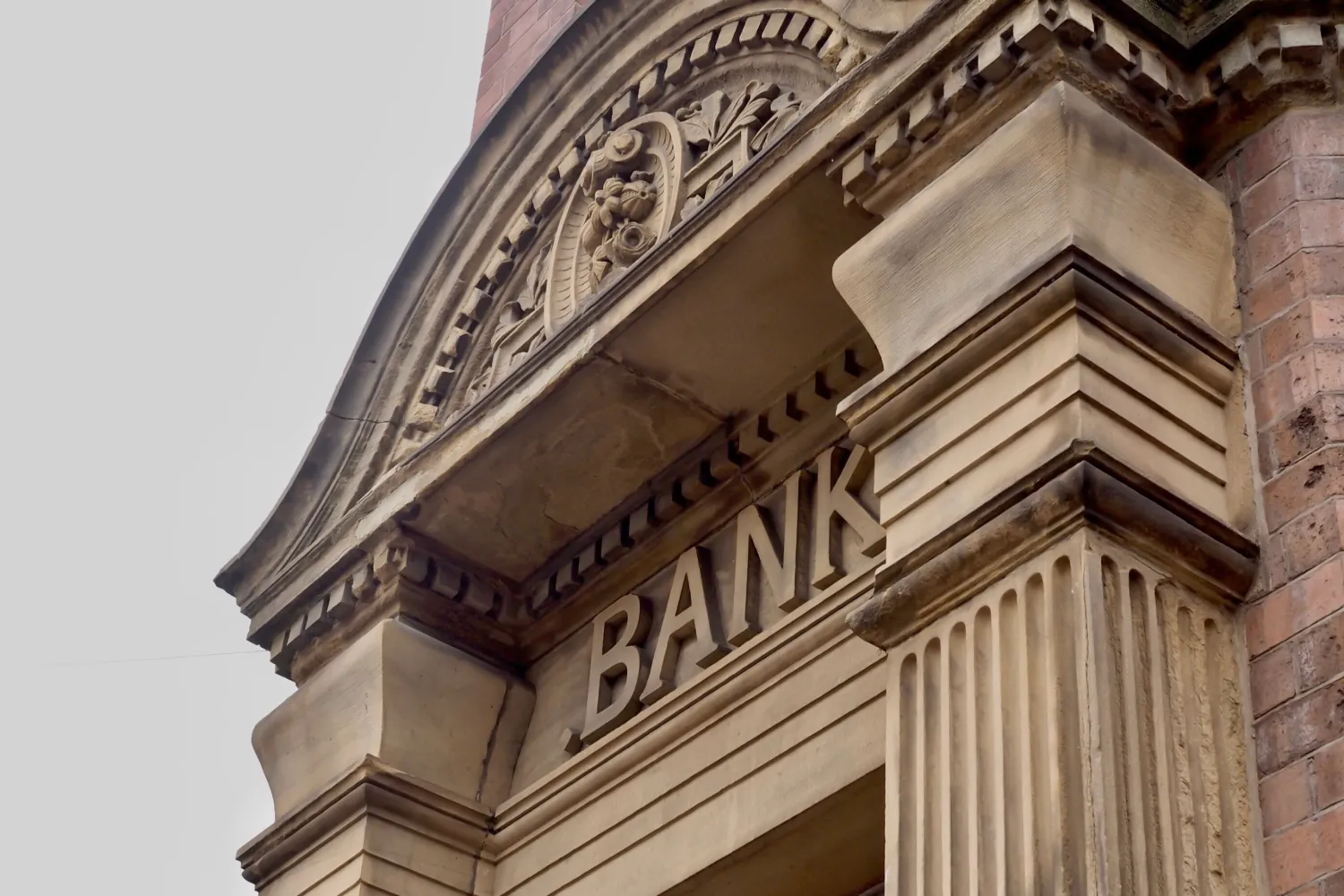
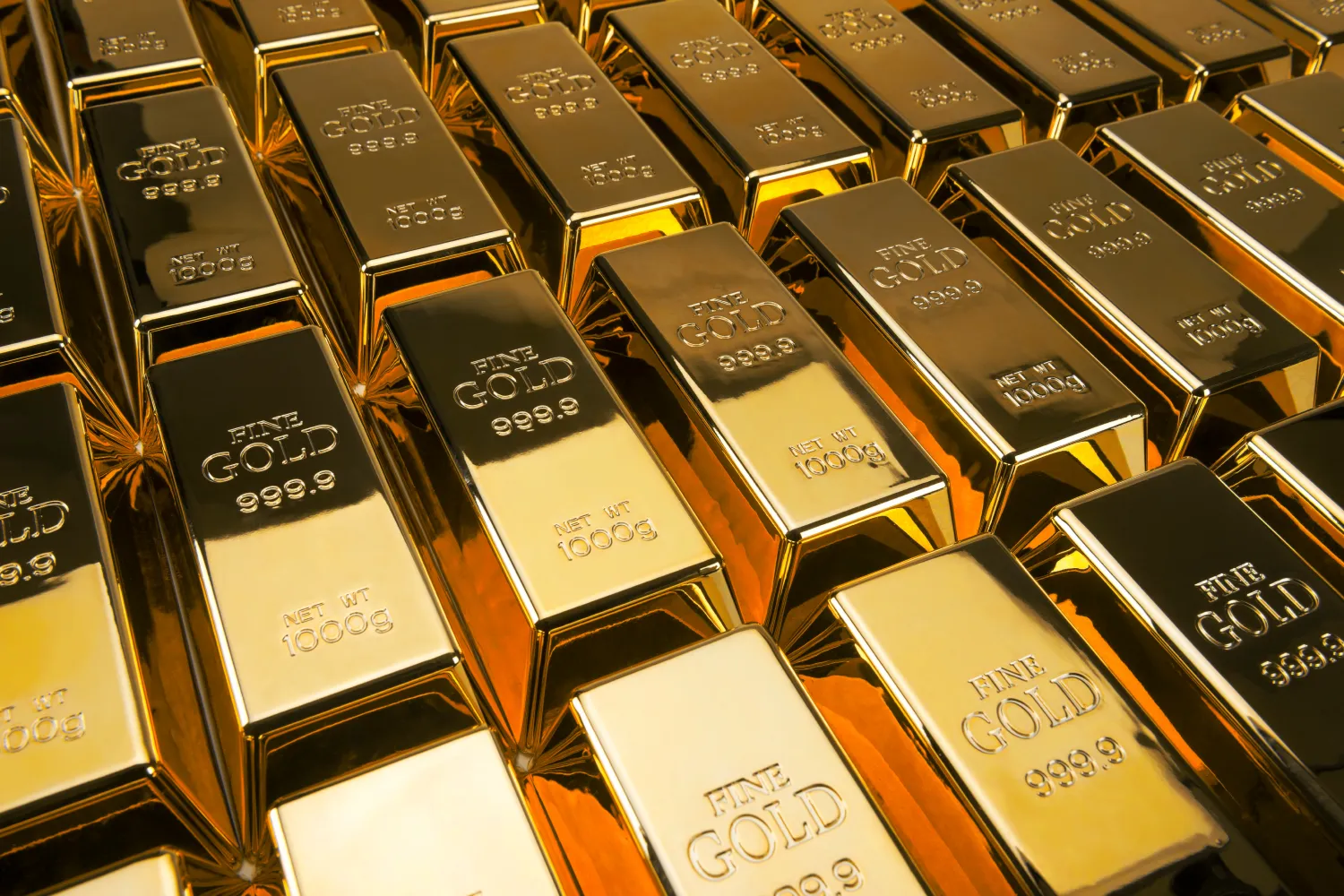

 1
1
